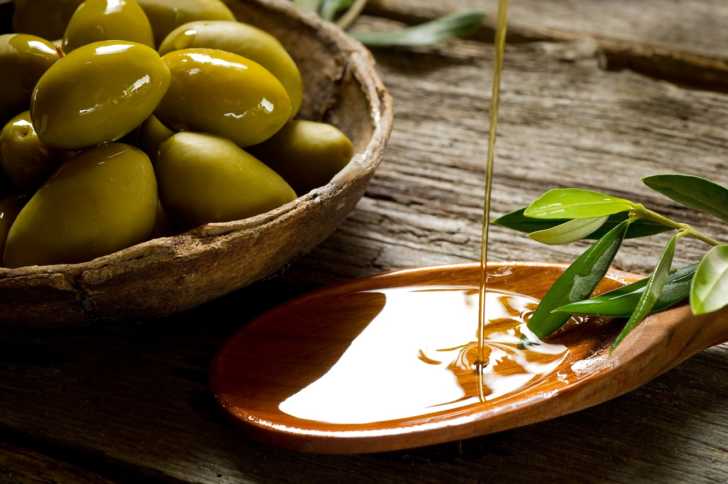
Science is telling us more and more about how nutrition impacts brain health and memory. It turns out that eating a lot of some foods can hinder memory, while regularly eating other foods can improve memory and lower risk for developing dementia as we age. Let’s look at which eating habits can boost memory and support peak brain health.
We often think of heart health when kicking around the topic of saturated fat or high blood cholesterol. But brain health can also be negatively impacted from high intakes of saturated fat and high blood cholesterol levels. Cholesterol plaque builds up in all the body’s blood vessels, including the brain. When this happens, oxygen isn’t as efficiently delivered to brain cells, resulting in sub-optimal thinking and memory.
Five Foods That Boost Memory

The Mediterranean Diet has been linked with improved and protected memory. This eating style focuses on choosing fats low in saturated fats and high in unsaturated fats. These brain boosters are part of the Mediterranean eating plan and have been studied for their role in memory.
1. Blueberries

In the last few years, we are finally seeing more human studies (versus rat studies) examining the potential benefit of blueberry consumption on memory. Most of the research on blueberries and memory either focus on reversing and slowing mild cognitive impairments or on spatial memory.
Spatial memory refers to our ability to recall the layout of our surroundings. When someone has good spatial memory they can very accurately recall how they reached a destination or how a friend’s living room furniture is positioned. Spatial memory can be assessed with neuropsychological tests, including tests that measure one’s ability to navigate mazes.
Blueberries are rich in flavonoids. Flavonoids are plant chemicals found in fruits and vegetables that have antioxidant and anti-inflammatory properties. Blueberries are rich in a flavonoid called anthocyanins – these are the compounds in berries thought to be responsible for cognitive benefits. The current thought about how these compounds work is fascinating because it’s multifaceted and seems to tackle brain health and memory from a few angles. Anthocyanins – as well as other flavonoids – suppress neural inflammation, improve blood flow, and activate synaptic signaling (messaging between brain cells).
Next time you are grocery shopping, grab some fresh, frozen or dried blueberries to add to your next salad, yogurt parfait or smoothie!
2. Extra Virgin Olive Oil Based Salad Dressings

Extra virgin olive oil is a key feature of the brain-healthy Mediterranean Diet. Compared to regular olive oil or plain “virgin” olive oil, extra virgin olive oils have been made without chemical processing or dilution with other oils, making them more pure. Extra virgin olive oil is rich in monounsaturated fats and vitamin E, but what really makes it brain healthy is the anti-inflammatory action of the antioxidants it contains.
The Alzheimer’s community is hopeful about future research investigating olive oil and memory. Human studies are clearly superior and more definitive, but it’s this mice study that brings hope and anticipation: after 6 months of a diet containing extra virgin olive oil, the mice in this 2017 study had better working memory, spatial memory, and learning compared to the mice fed chow that did not contain extra virgin olive oil. But that’s not the part that has the Alzheimer’s community feeling eager. These mice showed a significant reduction in something believed to be at the root of the memory loss in Alzheimer’s. These culprits are called amyloid-beta protein fragments and the buildup of them – into plaques – interferes with cell to cell signaling in the brain.
Try making your own, easy salad dressing: three parts extra virgin olive oil, one part balsamic or white wine vinegar, plus a pinch of salt and pepper.
What do salmon and walnuts have in common? Brain-boosting fatty acids! Keep reading for more.













